Practical Guidelines for Common Issues - contact lenses, hey fever and more
In today's article, we will provide useful advice on some everyday problems and some seasonal ones. In the following lines, we will look at how to safely wear contact lenses and how to prepare for spring and the allergens that come with the blooming of spring flowers.

Safe Use of Contact Lenses
Millions of people use contact lenses every day, but their improper use carries risks. Ophthalmologists warn: "Contact lenses should not be worn if you have inflammation or damage to the surface of the eyes or eyelids," as this can contribute to the spread of infection and/or worsen it.

If you experience symptoms such as redness, tearing, pain, or blurred vision, the lenses should be removed immediately. It is also important to follow certain hygiene habits – regularly cleaning the lenses and their containers, as well as avoiding contact with water. This simple advice can prevent problems such as conjunctivitis or corneal ulcers in lens wearers.
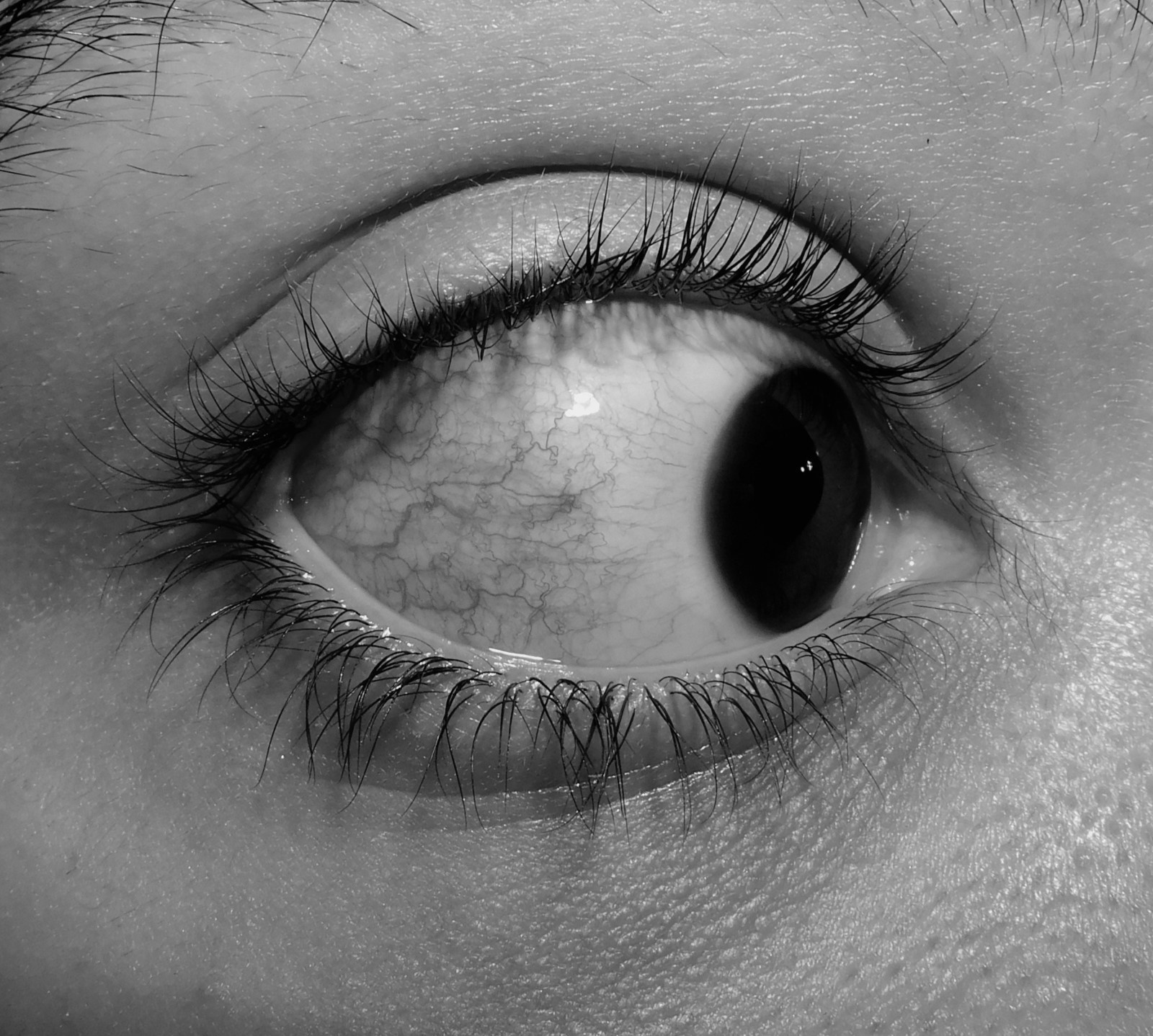
Preparation for Spring Allergies
With the arrival of spring come seasonal allergies – sneezing, a runny nose, and itchy eyes from various pollen sources make life for allergy sufferers filled more with secretions than with spring cheer. Allergologists recommend a proactive approach: start therapy before the first symptoms appear in early spring, before the first flowers bloom. "Start taking your antihistamines at least two weeks before your symptoms begin," advises Dr. Galen Marshall from the American College of Allergy, Asthma, and Immunology.
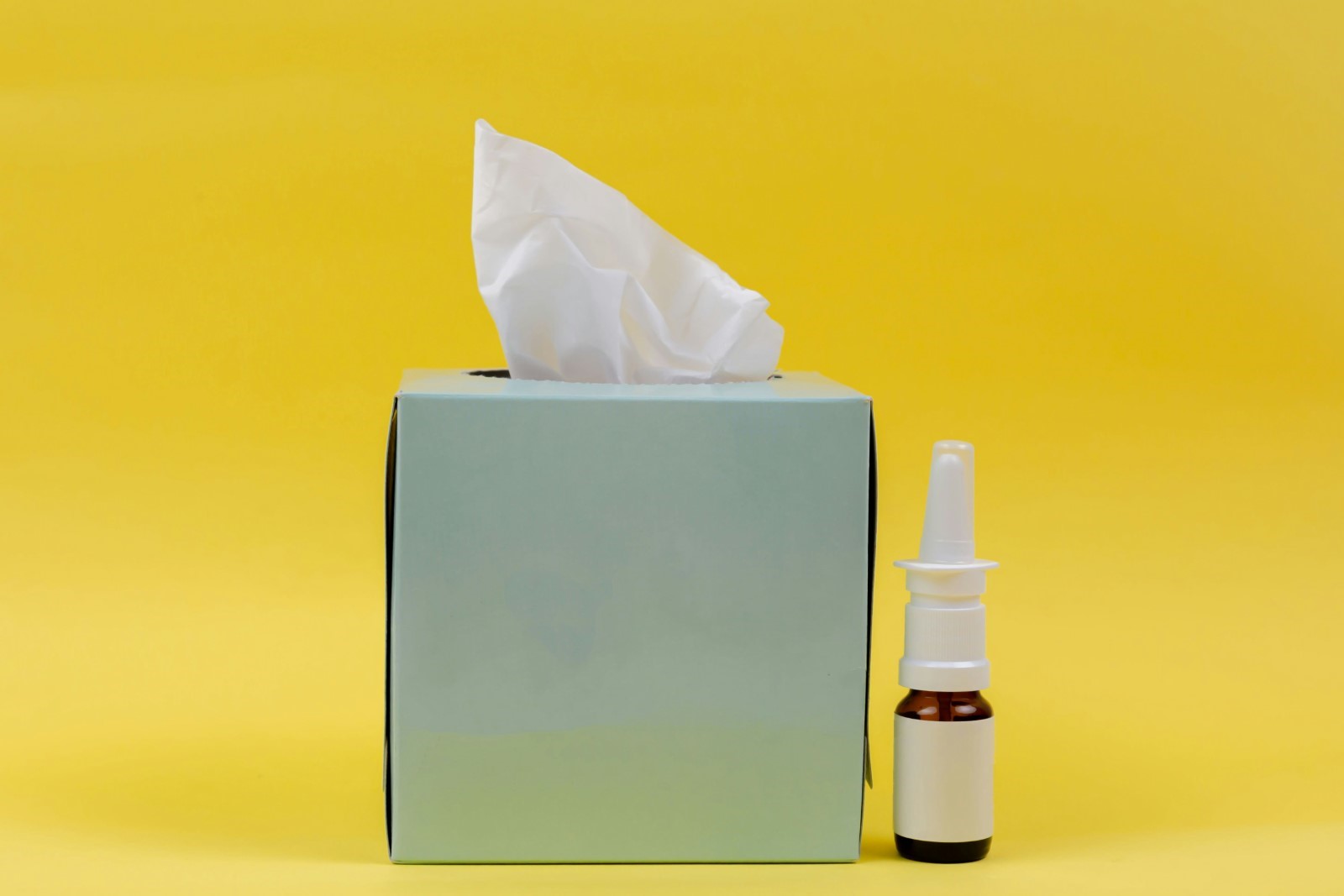
For many people living in a temperate continental climate (one of the five climatic regions in Bulgaria), this means starting treatment around late March. This preventive strategy helps to preempt the immune response that manifests as allergies – medications (e.g., antihistamines) accumulate their effect and significantly alleviate symptoms when pollen levels in the air sharply increase.
In addition to medications, specialists also remind us of other practical measures:
✔ Keep windows closed on days with high pollen levels.
✔ Use HEPA-filter air purifiers at home.
✔ Rinse your nose with a saline solution.
Timely preparation can turn spring from a difficult season into a more manageable period for those suffering from hay fever.

Final Thoughts
In this article and the lines above, we have reviewed some practical advice and data that will help you keep your eyes healthy by using lenses according to hygiene rules, as well as help you if not overcome, then at least alleviate the periods of hay fever.
Sources:
Linaburg TJ, Hammersmith KM. Contact Lens-Related Corneal Infections. Infect Dis Clin North Am. 2024 Dec;38(4):795-811. doi: 10.1016/j.idc.2024.07.010. Epub 2024 Sep 12. PMID: 39271302.
Gurnani B, Kaur K. Contact Lens–Related Complications. 2023 Jun 11. In: StatPearls [Internet]. Treasure Island (FL): StatPearls Publishing; 2025 Jan–. PMID: 36512659.
Bernstein JA, Bernstein JS, Makol R, Ward S. Allergic Rhinitis: A Review. JAMA. 2024 Mar 12;331(10):866-877. doi: 10.1001/jama.2024.0530. PMID: 38470381.
Czech EJ, Overholser A, Schultz P. Allergic Rhinitis. Med Clin North Am. 2024 Jul;108(4):609-628. doi: 10.1016/j.mcna.2023.08.013. PMID: 38816106.
Akhouri S, House SA. Allergic Rhinitis. 2023 Jul 16. In: StatPearls [Internet]. Treasure Island (FL): StatPearls Publishing; 2025 Jan–. PMID: 30844213.
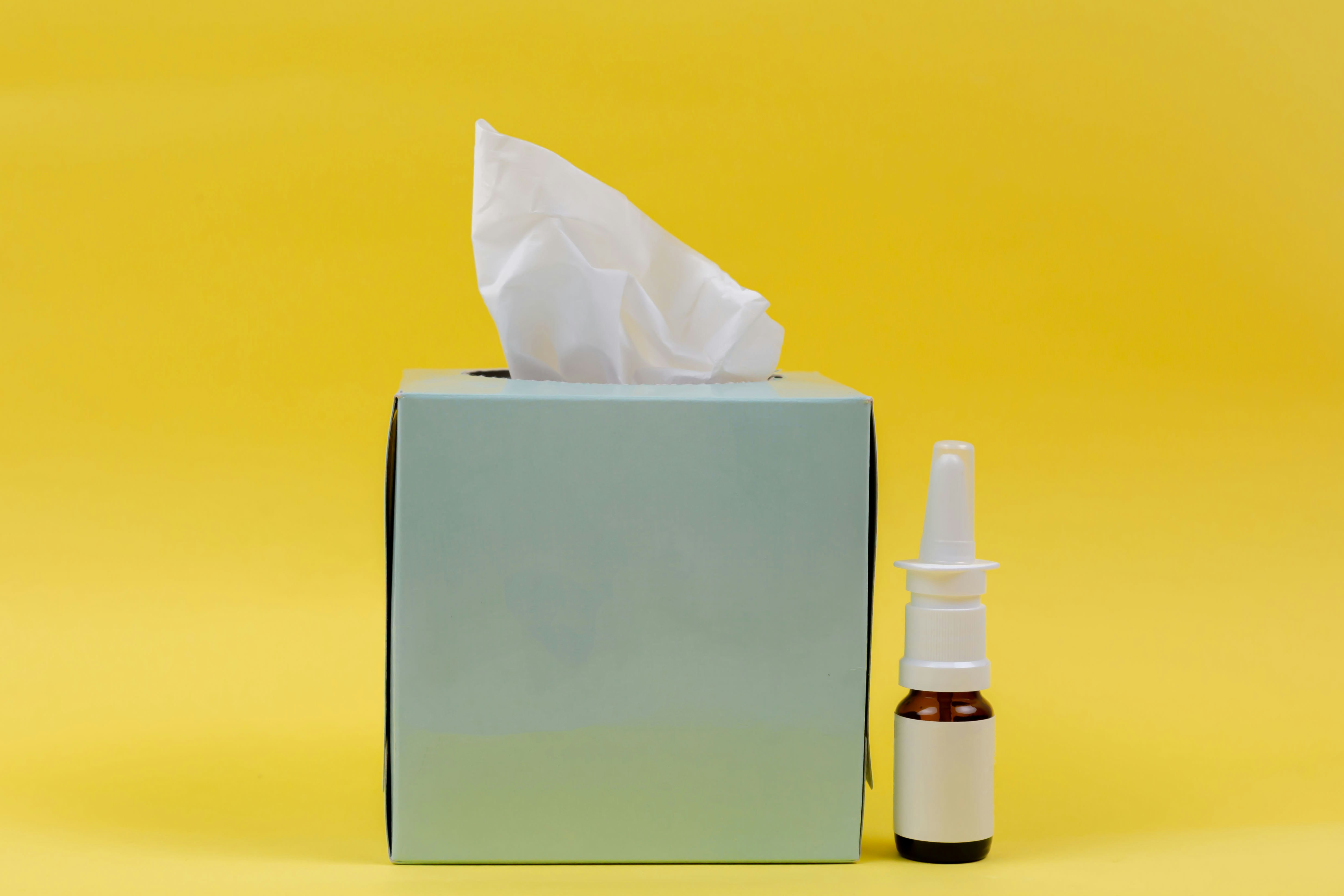
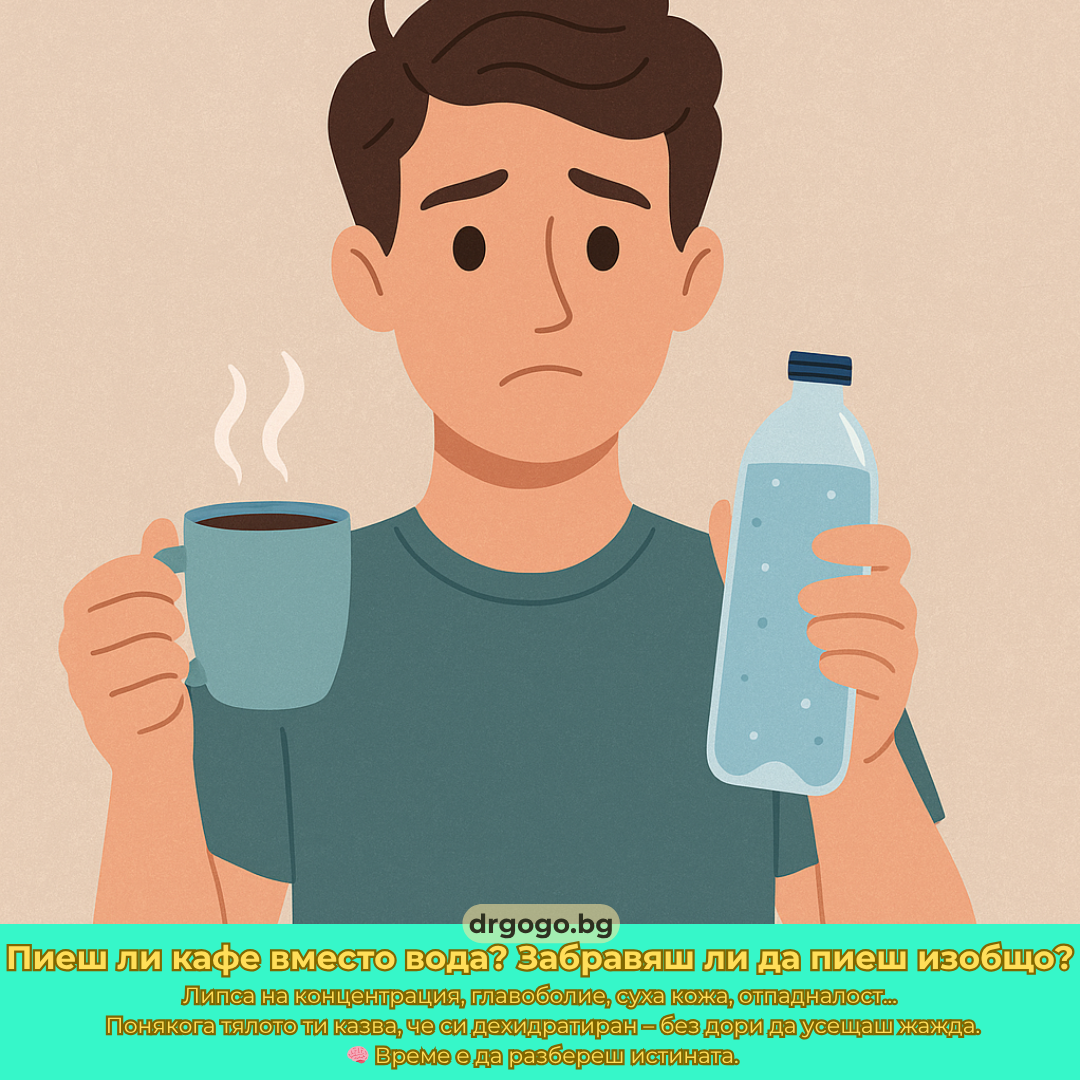

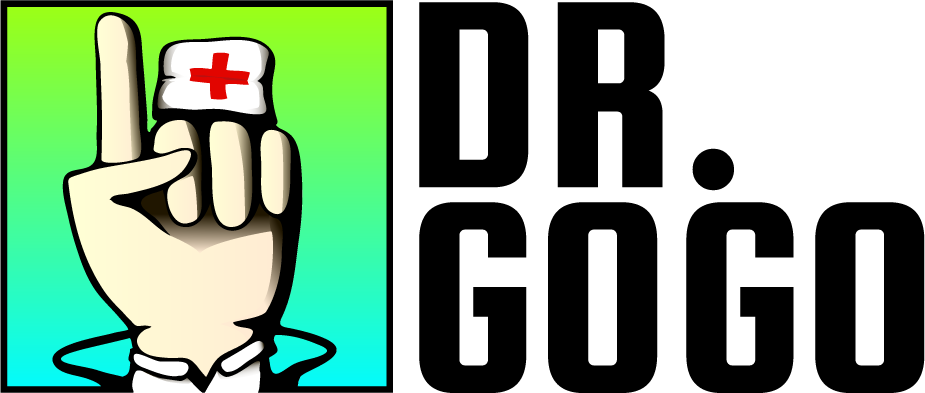
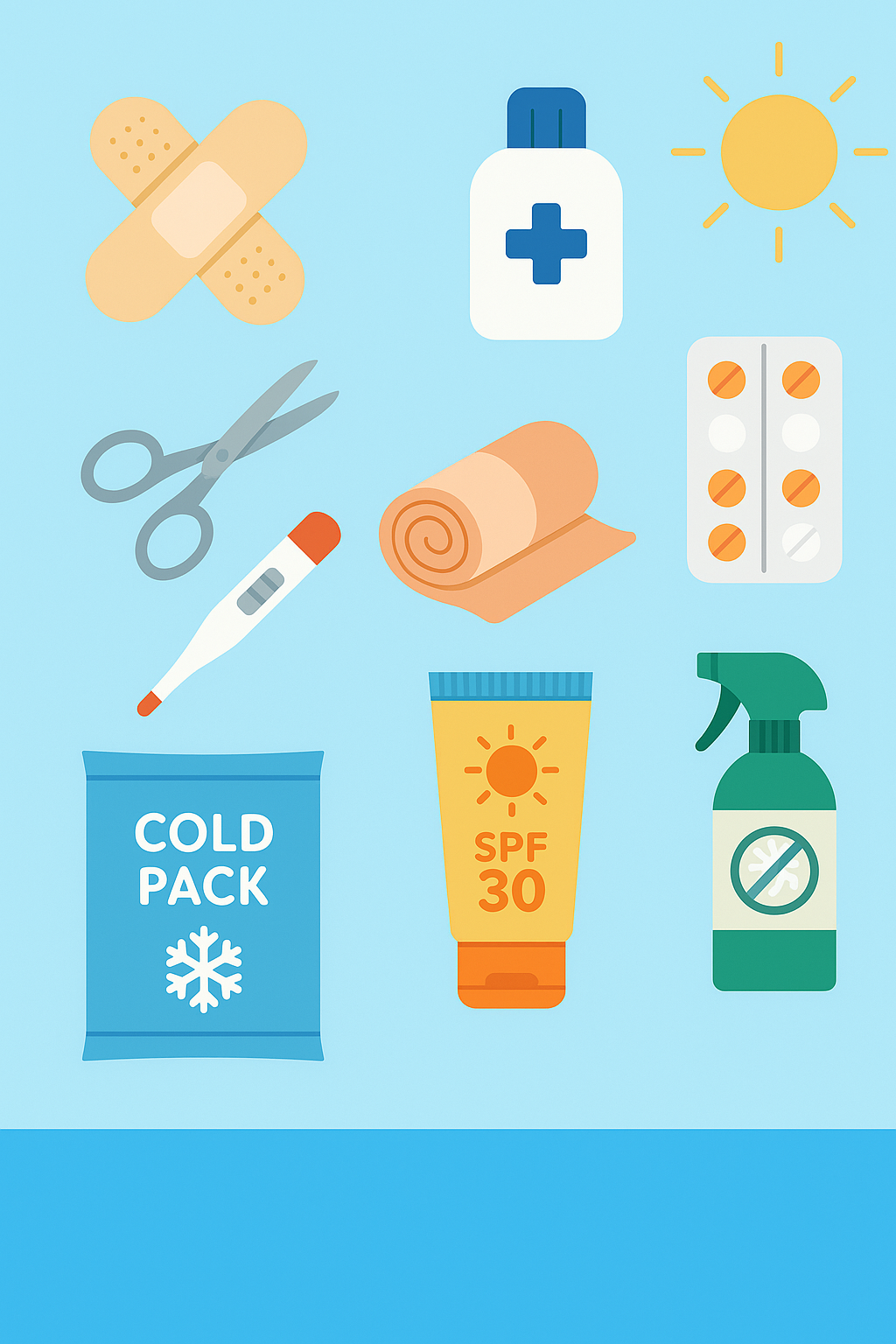
Comments